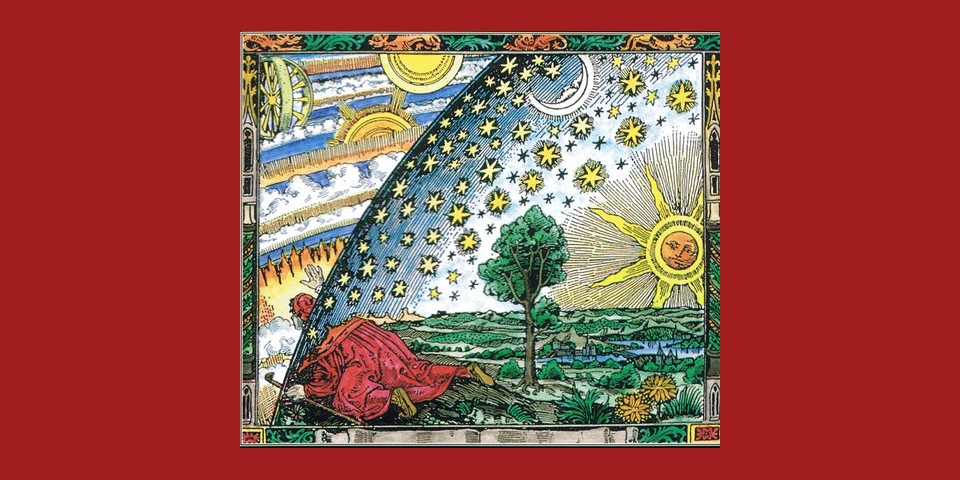
Introduction
Primordial Islamic Philosophy
“It is a well known but frequently overlooked fact that the word ‘islām’ denotes, not a set of abstract ideas, dogmas, or rules, but an activity. In particular, it is an activity of reception and response to the dynamic, universal Agape (Walāyah, Dynamic Love) of the One. The activity of Islām in general, and of primordial Islamic philosophy in particular, begins with, not a point of metaphysics, dogma, or jurisprudence, but with a phenomenological point. In particular, Islam and primordial Islāmic philosophy begin with the phenomenon of agapeic astonishment. In each of the above two sentences the word ‘agape’ is being used in a slightly different dictionary sense. The first ‘agape’, as in ‘dynamic, universal Agape’,is used to mention sublime love (in our case that Act of Love that is both the efficient and final cause of the cosmos). The second ‘agape’, as in ‘agapeic astonishment’, is used to mention a state of wonder and awe (in this case that astonishment that occurs in response to Universal Agape).”
Contents
- Introduction
- Primordial Islamic Philosophy
- Alchemy and the Mirror of Philosophy
- Shaykh Aḥmad al-Aḥsāʾī and Ḥikmaḧ
- The Ambiguity of ‘Ḥikmaḧ’
- The Object of ‘Ḥikmaḧ’
- Reconciling the maʿrifaḧ or cognizance of God with His utter unknowability
- The Method of ‘Ḥikmaḧ’
- The Fuʾād
- Tradition
- The Conditions of the Proof of Wisdom
- The Nature of the Proof of Ḥikmaḧ
- The Principles of Ḥikmaḧ
- Towards a definition of Ḥikmaḧ

